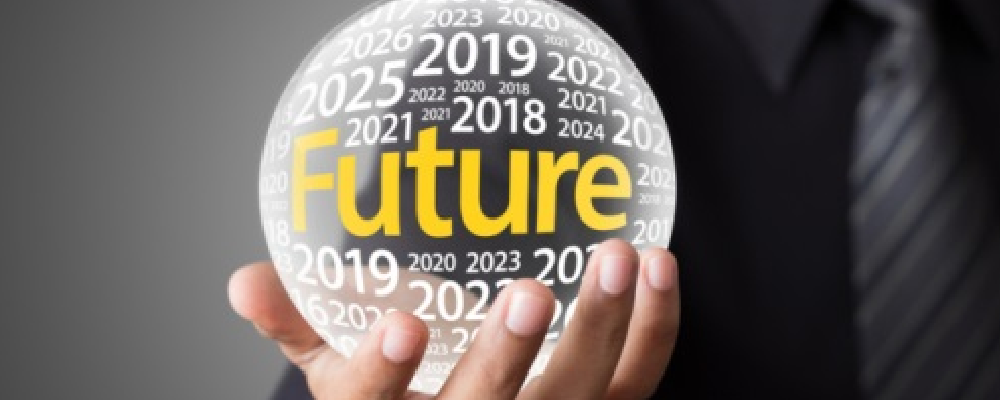Significance of Online Political Campaigns for reaching locally during the pandemic
Political campaigns involve segmenting and targeting strategies to reach voters. It also involves political participation by citizens, where they express their political opinion and/or convey that opinion to political decision-makers. This results in a differential distribution of campaign resources across the whole nation.
But nowadays traditional campaign tactics are basically a waste of time and money.
Traditional campaigns utilizes offline mediums like billboards, print ads, radio, tele-campaigns, television ads etc, to create awareness among people. Traditional ways of campaigns used by politicians to promote themselves are showing less or zero returns. It turns out that voters remember the candidate only for a short period of time and are more likely to forget when the final voting time rolls around.
When the world is transforming with use of the internet, leaders and political parties are learning that it’s not only about running campaigns offline, but they must also invest in online campaigns if they want to compete with their rival leaders and parties. Over the past few years we’ve seen an uptake in leaders and parties, particularly using digital mediums to run campaigns to defeat their opponents. In this blog we highlight how Indian parties have leveraged mediums to successfully promote themselves or their parties.

To better understand leaders visit
Use of the internet has helped political parties and citizens to engage in the campaign process on a scale that has never been achieved in offline campaigns. Digital campaigns have helped political parties in building valuable relationships with millions of citizens and voters. Using online mediums, leaders are able to reach, communicate and engage with millions of audiences to empower them, by sharing their thoughts and ideas, to increase their effectiveness and improve conversion rate.
India’s honorable Prime Minister, Shri Narendra Modi and his digital team used this digital strategy effectively during the general elections of 2014 and 2019 to gain popularity and reach more people, to talk about their plans of development for India. Using this strategy they became the first party in 35 years to return to power with an absolute majority that seemed to turnabout the traditional rules of Indian politics.
In 2014, for the first time in Indian Political history Narendra Modi used a 3D Hologram campaign to address “Bharat Vijay” rallies across 20 states in India. BJP used the 3D image of Narendra Modi to reach a larger audience without having to travel to every location. Using this technique, Modi’s followers could even take selfies with him, this grabbed more attention than any during 2014 elections. Virtual campaigning helps leaders to address larger groups from a single location and without having to travel.
During the general elections of 2019, approximately half of the total voting population had access to digital pathways, and another one-third had access to social media.
The rapid spread of low-cost smartphones and the uptake of high-speed internet connections has happened. Statistically, India is the second largest smartphone users in the world, and it is the highest average data consumer per smartphone since 2018 which is on an average 10GB per smartphone. In 2019, Google also estimated that there are around 40 crore active internet users and projected a 10% increase year on year. So, the digital presence of citizens has helped leaders to reach them easily, effectively, and conveniently.
Between February 2019 and May 2019 both Google and Facebook generated a combined revenue of INR 58.67 crore. Facebook declared 1,32,420 political ads were run between these days and generated INR 29.28 crore and on the other hand Google in its ad library presents a total of 12,275 political ads worth of INR 29.3 crore.
The Future of Digital Campaigning
When we compare the budget required to reach a larger audience between online and offline campaigns, money spent on online mediums to reach a voter is much lesser when compared to offline mediums. While different parties consider this transformation differently, we’re just beginning to unravel the effects of this change. The current effect of Covid-19, has translated to maintain social distancing and has stopped large gatherings to take place. This would mean that digital campaigning would get a much higher boost and leaders and parties will turn towards digital campaigns during this pandemic.
Considering the upcoming elections in Bihar, and the pre-heat that exists between the regional party and central party, digital campaigns will play a major role during this state elections. It was the Home Minister, Amit Shah who made the first-move with his virtual rally on June 7, 2020, where he addressed the people of Bihar from Delhi through a virtual campaign.

To better understand leaders visit
We understand that there are digital mediums for political leaders and parties to be in, but there are many factors that are stopping them from actively engaging on these digital and social platforms. Leaders are lacking a platform to showcase their political portfolio through which they can capitalize to gain popularity and momentum which is very much required to effectively convert to vote. There is a need for a platform for these political leaders and parties that helps them uplift their recognition in a positive way. Platforms like MyLeaders can help these leaders to effectively reach their audience. Here, they can even engage with the audience about the recent activities and share the plans that they have for the development of their constituency or the country and they can even get opinions from citizens to understand its effectiveness. Citizens can even share local problems that they are facing and get solutions from the concerned leaders.
We understand that online campaigns are not an alternative for mass campaigns, but parties are left with no options during this pandemic. But we’re sure that this transformation will change the Indian Political System.
Digital campaigns is the passport to the future of politics, tomorrow belongs to those who prepare for it today.
